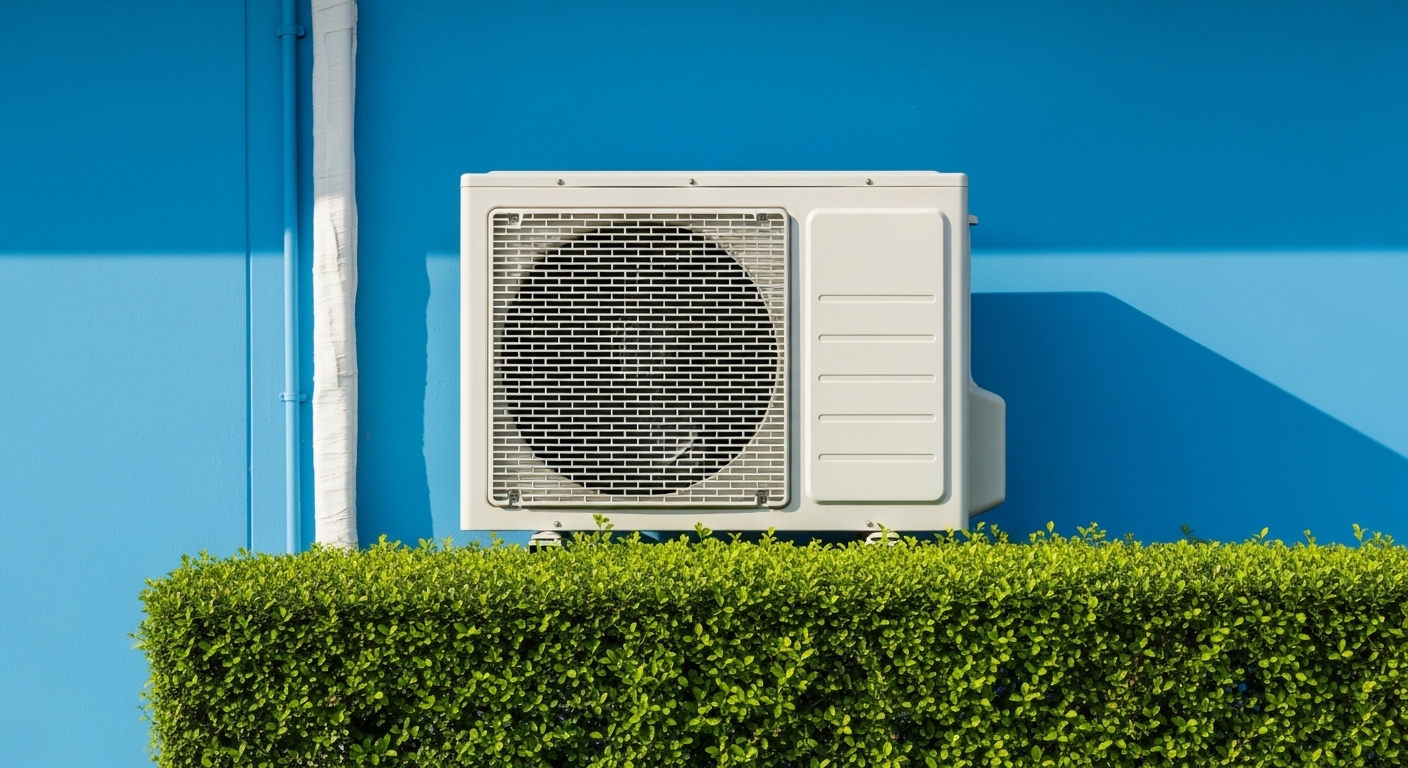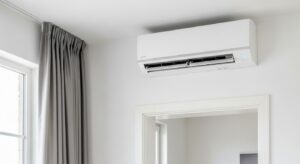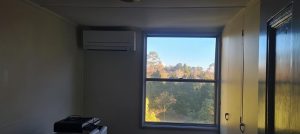Air conditioners are built to keep your home comfortable during the hottest summer days and the coldest winter nights. At the heart of every system is the compressor – often referred to as the “engine” of the air conditioner. Without it, your unit simply cannot function. The compressor is responsible for circulating refrigerant through the system, enabling the transfer of heat that makes cooling and heating possible.
Because the compressor is such a critical component, problems with it can quickly escalate into costly repairs or even the need to replace the entire system. Fortunately, there are clear warning signs that suggest your compressor may be struggling. By recognising these symptoms early, you can take action before the issue worsens, protecting both your comfort and your wallet.
Understanding the Role of the Compressor
The compressor is located in the outdoor unit of your air conditioner. Its job is to compress refrigerant gas and pump it through the system. This process allows the refrigerant to absorb heat inside your home and release it outdoors in cooling mode, or the reverse in heating mode.

Because the compressor operates under high pressure and handles significant electrical demand, it is one of the most expensive and hardworking parts of the unit. This is why signs of trouble should never be ignored.
Sign 1: Weak or Warm Airflow
One of the most obvious signs of a failing compressor is when the air conditioner runs but fails to deliver cool or warm air effectively. If the compressor is unable to circulate refrigerant properly, the system cannot absorb or release heat. You may notice air coming out of the vents, but it feels weak or at the wrong temperature.
While dirty filters or blocked ducts can also cause poor airflow, a struggling compressor will often produce consistently underwhelming performance, even after basic maintenance.
Sign 2: Strange Noises from the Outdoor Unit
A healthy compressor makes a steady humming sound while operating. Unusual noises such as rattling, grinding, screeching, or clicking often point to mechanical problems. For example, rattling may indicate loose components, while grinding or screeching suggests internal wear and tear. Clicking noises might be a sign of electrical issues inside the compressor.
Because compressors contain moving parts and electrical connections, noises should never be ignored. They are an early red flag that professional servicing is needed.
Sign 3: Hard Starts and Frequent Tripping
If your air conditioner struggles to start up, or frequently trips the circuit breaker, the compressor could be at fault. Compressors require a lot of power to start. A failing unit may draw excessive current, causing breakers to trip as a safety measure.
This not only disrupts comfort but can also put stress on your home’s electrical system. Repeated tripping is a strong indication that the compressor is nearing failure.
Sign 4: Leaking Refrigerant
Refrigerant leaks can develop anywhere in the system, but when they occur around the compressor, they are particularly concerning. Signs include hissing noises, frost build-up on the coils, or a noticeable decline in cooling and heating efficiency.
Low refrigerant levels force the compressor to work harder, which increases wear and the risk of overheating. If ignored, this can shorten the lifespan of the unit and lead to complete compressor breakdown.
Sign 5: Overheating or Outdoor Unit Shutting Down
Compressors generate heat during operation, but if they overheat, the outdoor unit may shut down to prevent damage. You might notice the unit suddenly switching off, or you may feel excessive heat radiating from it.
Overheating can be caused by blocked airflow, electrical issues, low refrigerant, or internal compressor faults. Whatever the cause, it requires prompt professional attention.
Sign 6: Higher Energy Bills
If your energy bills are climbing despite similar usage patterns, a failing compressor could be the culprit. As it struggles to circulate refrigerant effectively, the system must work longer and harder to achieve the desired temperature. This inefficiency translates directly into higher power consumption.
Although other factors such as dirty filters or poor insulation can also increase energy use, a sudden and sustained rise in costs is often linked to compressor performance.
Sign 7: Unit Vibrates on Start-Up
Excessive vibration when the system starts can indicate compressor failure. Known as “hard starting,” this problem occurs when the compressor struggles to turn on and maintain steady operation. Left unchecked, it can damage other components and lead to system failure.
Why Compressors Fail
Understanding the root causes of compressor problems helps prevent them. Common reasons include lack of maintenance, dirty coils, clogged filters, electrical issues, refrigerant leaks, and age-related wear and tear. In regions like the Blue Mountains, where air conditioners are used heavily in both summer and winter, compressors often face extra strain.

Extending Compressor Lifespan
While compressors won’t last forever, there are steps you can take to maximise their lifespan. Keep filters clean and replace them as recommended. Schedule annual professional servicing to check refrigerant levels, clean coils, and inspect electrical connections. Ensure the outdoor unit has adequate airflow by keeping it clear of debris and plants. Use your air conditioner efficiently by setting reasonable temperatures – around 24–26°C in summer and 18–20°C in winter.
When to Repair and When to Replace
If your compressor shows warning signs, a professional technician can diagnose whether repair is possible. In some cases, replacing a capacitor, fixing an electrical connection, or addressing refrigerant issues can restore function. However, if the compressor itself is damaged or has reached the end of its life, replacement may be necessary.
Because compressors are costly, replacing them in an older system is often not economical. In such cases, upgrading to a new, energy-efficient unit may save money in the long run and deliver better comfort.
The Importance of Professional Diagnosis
Many of the symptoms of compressor failure – weak airflow, strange noises, higher bills – can also result from other issues within the system. This is why a professional diagnosis is crucial. A qualified technician can run tests, measure refrigerant pressure, check electrical components, and confirm whether the compressor is at fault.
Attempting to repair or replace a compressor yourself is not safe, as it involves refrigerants and high-voltage electricity. Always engage a licensed professional.
Final Thoughts
The compressor is the heart of your air conditioning system, and when it starts to fail, the entire unit is at risk. Warning signs such as weak airflow, unusual noises, frequent tripping, refrigerant leaks, overheating, higher energy bills, and excessive vibration should never be ignored.
By paying attention to these symptoms and acting early, you can prevent more serious damage, reduce repair costs, and extend the lifespan of your air conditioner. Regular maintenance and professional servicing remain the best defences against compressor failure.
In the Blue Mountains, where climate extremes place heavy demands on air conditioning, keeping your compressor in top condition is essential for year-round comfort. Recognising the warning signs today can save you from costly breakdowns tomorrow.





